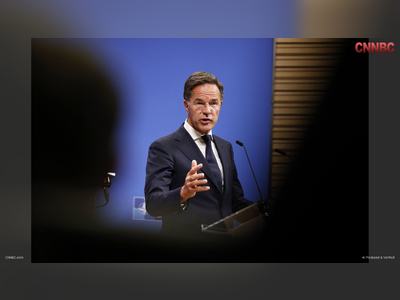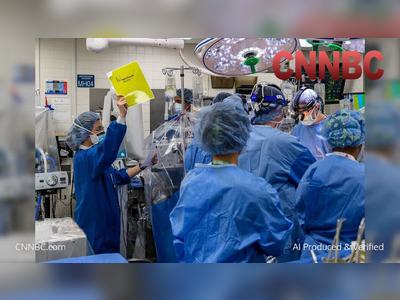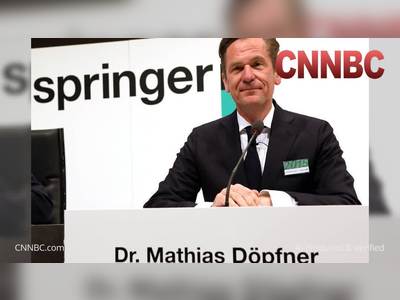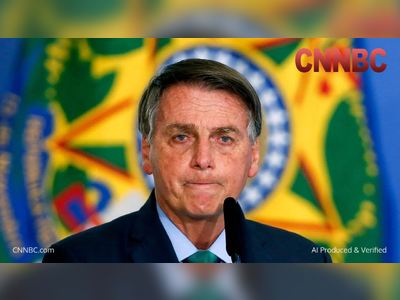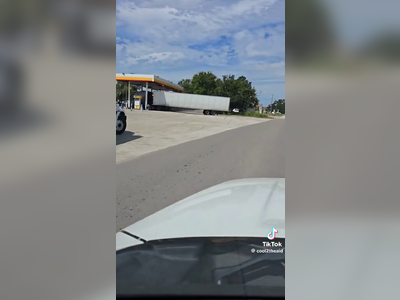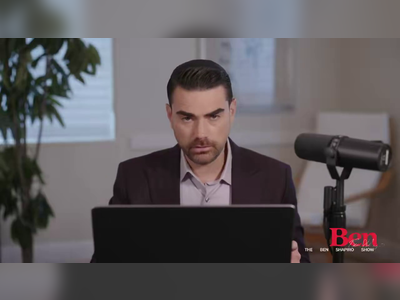Venezuelan Opposition Leader María Corina Machado Allegedly Detained Amid Protests
Controversy surrounds the alleged detention of Venezuela's foremost opposition figure during anti-government protests in Caracas, as international condemnation mounts.
In the opaque world of Venezuelan politics, María Corina Machado, a key figure in the opposition, has allegedly been detained and subsequently released in a dramatic series of events sparking a global outcry.
Machado’s allies claim she was forcibly taken from the streets of Caracas by security forces aligned with President Nicolás Maduro’s regime, mere hours after her public re-emergence to lead a significant protest against the incumbent leader.
Machado’s brief and daring return to the public eye came following over four months in hiding, prompted by the contested presidential elections of July 28, 2024.
Despite Machado's absence, her influence loomed large as opposition supporters organized mass protests demanding justice and transparency, contesting Maduro's re-election for a third term.
Maduro's projected victory has been met with skepticism, with opposition claims bolstered by detailed voting tallies suggesting that opposition candidate Edmundo González is the rightful winner.
The opposition’s mobilization on Thursday was galvanized by Machado's unexpected return.
Addressing the crowd from atop a truck, she led chants against the fear instilled by the regime, a bold act immediately followed by claims of her violent arrest.
Allies reported that her motorcade was intercepted, shots were fired by regime officials, and that she was coerced into recording videos, the contents of which remain unclear.
The alleged abduction ignited international censure.
Notable voices from across Latin America and beyond expressed their concerns via social media.
Among these were Panama's President José Raúl Mulino, who held Maduro's regime accountable for Machado's safety, and Colombia's former President Iván Duque, who condemned the act as further evidence of Maduro's oppressive governance.
Spain and Argentina also joined the chorus of condemnation.
Despite the initial shock of events, Machado was reportedly released after several hours.
Announcements of her release were quickly disseminated by her supporters, who have vowed that she will elucidate the circumstances surrounding her brief detention soon.
The actions of Maduro’s administration, including a widespread crackdown and arrest of dissenters, presage a daunting future for Venezuelan governance and society.
Analysts such as Carlos Lizarralde view these moves as a calculated strategy to cement control.
Phil Gunson of Crisis Group notes that detaining Machado marks a distinct shift in the regime's approach, possibly indicating growing confidence in their authority to suppress opposition voices.
Globally, the case of María Corina Machado underscores a broader narrative of the challenges faced by opposition movements in autocratic regimes.
As noted by U.S. President-elect Donald Trump, the ongoing strife exemplifies a broader struggle for democratic expression in Venezuela.
The international community remains vigilant, eagerly awaiting further developments in this unfolding political drama.
Machado’s allies claim she was forcibly taken from the streets of Caracas by security forces aligned with President Nicolás Maduro’s regime, mere hours after her public re-emergence to lead a significant protest against the incumbent leader.
Machado’s brief and daring return to the public eye came following over four months in hiding, prompted by the contested presidential elections of July 28, 2024.
Despite Machado's absence, her influence loomed large as opposition supporters organized mass protests demanding justice and transparency, contesting Maduro's re-election for a third term.
Maduro's projected victory has been met with skepticism, with opposition claims bolstered by detailed voting tallies suggesting that opposition candidate Edmundo González is the rightful winner.
The opposition’s mobilization on Thursday was galvanized by Machado's unexpected return.
Addressing the crowd from atop a truck, she led chants against the fear instilled by the regime, a bold act immediately followed by claims of her violent arrest.
Allies reported that her motorcade was intercepted, shots were fired by regime officials, and that she was coerced into recording videos, the contents of which remain unclear.
The alleged abduction ignited international censure.
Notable voices from across Latin America and beyond expressed their concerns via social media.
Among these were Panama's President José Raúl Mulino, who held Maduro's regime accountable for Machado's safety, and Colombia's former President Iván Duque, who condemned the act as further evidence of Maduro's oppressive governance.
Spain and Argentina also joined the chorus of condemnation.
Despite the initial shock of events, Machado was reportedly released after several hours.
Announcements of her release were quickly disseminated by her supporters, who have vowed that she will elucidate the circumstances surrounding her brief detention soon.
The actions of Maduro’s administration, including a widespread crackdown and arrest of dissenters, presage a daunting future for Venezuelan governance and society.
Analysts such as Carlos Lizarralde view these moves as a calculated strategy to cement control.
Phil Gunson of Crisis Group notes that detaining Machado marks a distinct shift in the regime's approach, possibly indicating growing confidence in their authority to suppress opposition voices.
Globally, the case of María Corina Machado underscores a broader narrative of the challenges faced by opposition movements in autocratic regimes.
As noted by U.S. President-elect Donald Trump, the ongoing strife exemplifies a broader struggle for democratic expression in Venezuela.
The international community remains vigilant, eagerly awaiting further developments in this unfolding political drama.



